Wave vs. QuickBooks: Which is Best for Your Business?
Effective financial management is crucial for any business, and choosing the right accounting software is a significant part of that process. Two popular options are Wave and QuickBooks, each offering unique features tailored to different user needs. Wave is ideal for startups and freelancers due to its free and basic functionality, while QuickBooks offers powerful tools for expanding businesses seeking advanced customization options.
Understanding the pros and cons of each software can help you make an informed decision. Small businesses often require affordable accounting tools with essential capabilities. This comparison covers usability, cost, customer service, and more. If you’re searching for the best small business accounting software , this guide will provide the insights you need.
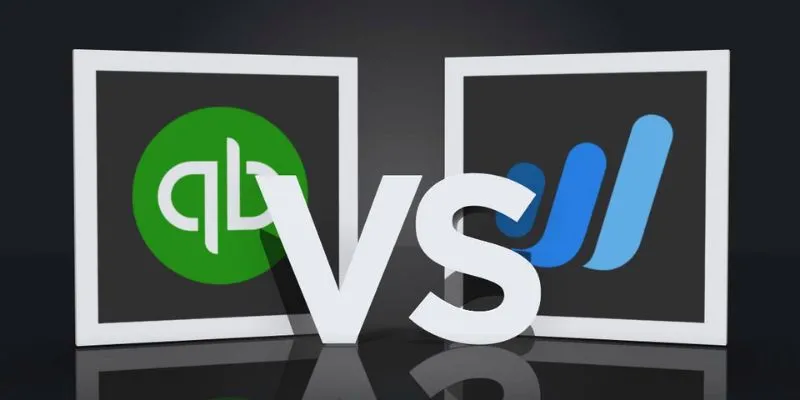
Comparing Core Aspects of Wave and QuickBooks
Choosing the right accounting software involves comparing key features side- by-side. Factors such as ease of use, affordability, and scalability can greatly influence your decision. Let’s examine the performance of Wave and QuickBooks.
Ease of Use
Wave offers a simple dashboard and a clean design, making it easy for users to access reports, manage expenses, and create invoices without any accounting knowledge. QuickBooks, on the other hand, provides more advanced tools that may require a steeper learning curve. However, it offers robust support and tutorials to assist users. For freelancers and novices, Wave is an excellent choice for quick access to basic tools, while QuickBooks is better suited for those seeking greater control and customization. The right choice depends on your comfort level with accounting software.
Features and Functionality
Wave offers essential features for small business owners, such as tracking income, generating invoices, and managing expenses. It also supports receipt scanning and bank connections. QuickBooks goes a step further with project tracking, inventory management, and payroll options, making it suitable for growing businesses. While Wave is ideal for freelancers and small operations, QuickBooks is more adaptable for larger teams. If you plan to expand, QuickBooks’ advanced features are worth the investment. Consider your current and future business needs and choose the software that aligns with them.
Pricing and Value
Wave stands out as a free accounting solution, offering basic tools without monthly fees. Users only pay for payroll or payment processing, making it an excellent option for budget-conscious businesses. QuickBooks, starting with a monthly fee, offers different pricing plans that provide more features. Although more expensive, it delivers tools that enhance productivity and save time. If your business has complex needs, QuickBooks offers good value. For essential free tools, Wave is unbeatable. Weigh your budget against your required features to find the right balance.
- Customer Support and Resources
Wave provides a web help center and email support, with easy access to articles and tutorials. However, live support is limited unless you opt for paid options. QuickBooks offers phone, chat, and screen-sharing support, alongside a large community forum. It ensures faster and more comprehensive assistance, making it ideal for businesses needing regular support. As your business grows, the importance of support increases. QuickBooks shines in this area, but Wave’s self-service resources may suffice for many small business owners.
Integrations and Compatibility
QuickBooks integrates with numerous third-party applications, including time- tracking apps, payroll services, and CRMs, making it a versatile choice for businesses using multiple platforms. Wave offers fewer integrations but connects with basic banking and payment systems. For companies with simple operations, Wave may be sufficient, but QuickBooks provides greater flexibility for businesses needing extensive integrations. Consider your current platforms and choose the software that best fits your working environment.
Security and Data Protection
Both Wave and QuickBooks prioritize security, employing encryption and secure servers to protect user data. QuickBooks also offers multi-factor authentication and regular backups. While both platforms offer cloud-based storage, QuickBooks provides more robust user-role management, beneficial for teams with varied responsibilities. If your business handles sensitive data, prioritize security features. QuickBooks offers more flexibility in managing data security, but both options follow excellent security practices.
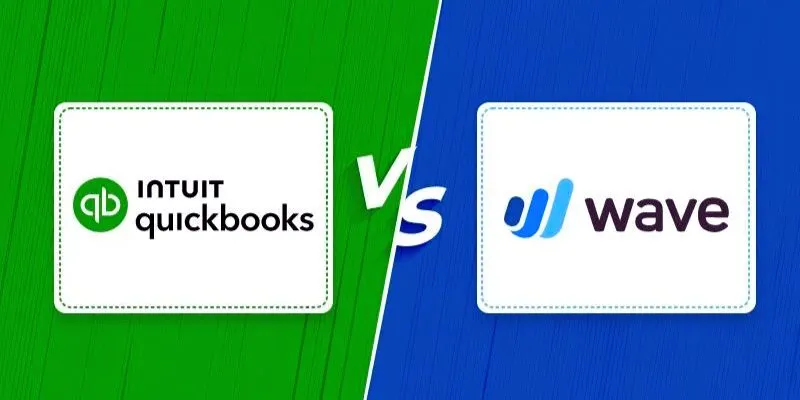
Scalability and Growth Potential
Wave is ideal for freelancers and small teams, meeting basic needs effectively. However, as your business grows, you may outgrow Wave’s capabilities. QuickBooks, on the other hand, scales with your business, supporting multiple users and offering advanced features like reporting, inventory tracking, and payroll. It’s crucial for businesses planning to expand or hire staff. Wave is a great starting point, but QuickBooks is better for handling complex financial tasks. Consider your company’s future when choosing an accounting solution.
Conclusion
The choice between Wave and QuickBooks depends on your company’s size, needs, and budget. Wave is a user-friendly tool perfect for startups and freelancers with basic requirements. QuickBooks is ideal for businesses looking to expand and needing advanced features. For affordable accounting tools, Wave is a great option, but QuickBooks offers excellent long-term value for those willing to invest. Base your decision on your business goals and support needs. The best accounting software should grow with your business.
Related Articles

The 6 Best Construction Management Software Options to Streamline Your Projects

The 11 Best CRMs for Small Business: Streamline Your Workflow in 2025

Pipedrive vs. Salesmate: A Detailed Comparison to Find the Best CRM

Choosing the Best Accounting Software for Small Business: A Complete Guide

The Best Employee Onboarding Software: Transforming New Hire Experiences

Which Are The 5 Best Calendar Apps for Mac to Organize Your Life in 2025

Top 4 Vertical Video Editors to Edit Vertical Videos Quickly

The 8 Best Content Marketing Tools in 2025 to Elevate Your Strategy

Upgrade Your Email Experience: The 7 Best Email Clients for Windows

Choosing the Best Accounting Software for Small Business: A Complete Guide

The 8 Best Event Management Software Platforms to Simplify Your Planning

The 5 Best Note-Taking Apps for Mac: Stay Organized and Productive
Popular Articles

Steps to Download Movie Maker Free and Start Creating
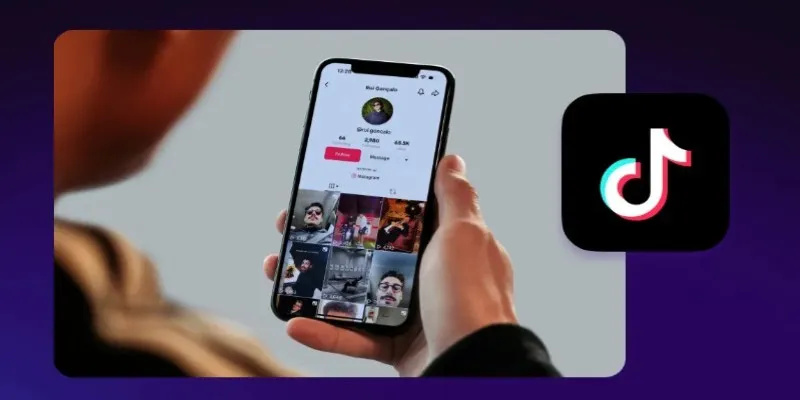
Step-by-Step Guide to Editing TikTok Videos on iPhone

Seamless GIF to APNG Conversion: The Best Tools for Crisp Animations
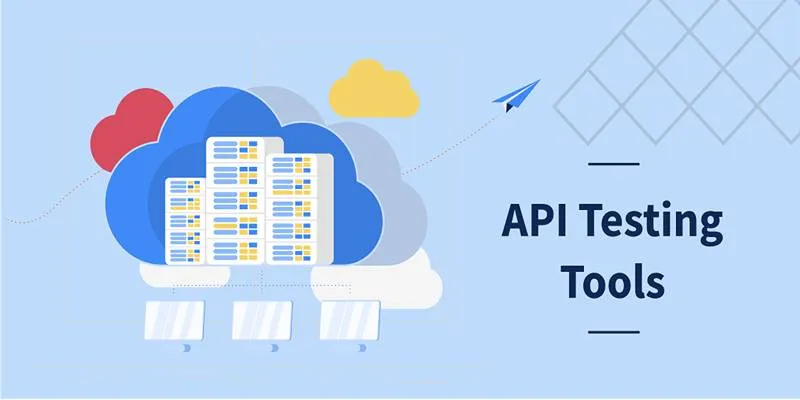
Free API Testing Tools That Help Developers Test and Debug Fast
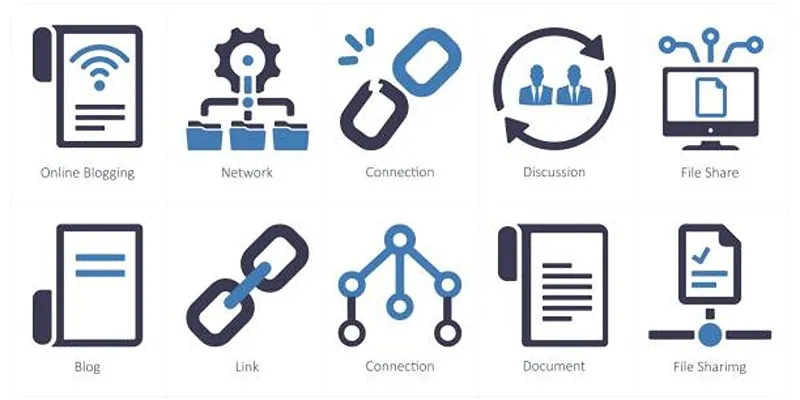
How to Stop WordPress from Sending Pings to Your Own Site
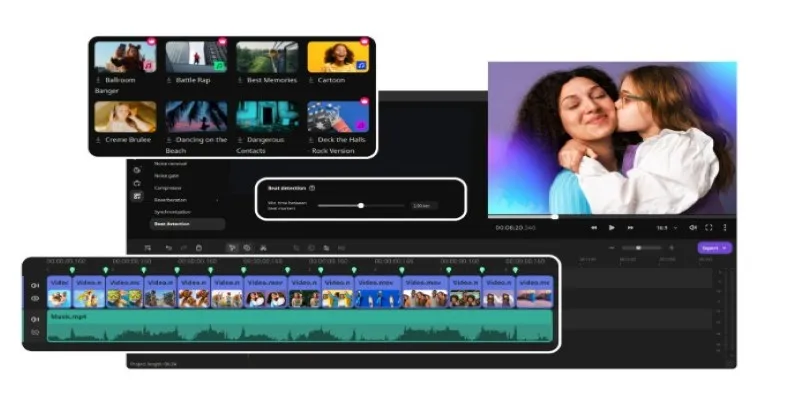
Create a Slideshow Video from Photos and Music with Ease

How PrimeLister Helped Me Skyrocket My Poshmark Sales in a Single Week

Which Are The 5 Best Pomodoro Timer Apps to Boost Your Productivity in 2025

7 Best GIF Loopers to Seamlessly Repeat Your Favorite Moments

QuickBooks Online vs. QuickBooks Desktop: Which Is Better?

How to Split Video Clips in iMovie: A Step-by-Step Guide

 mww2
mww2